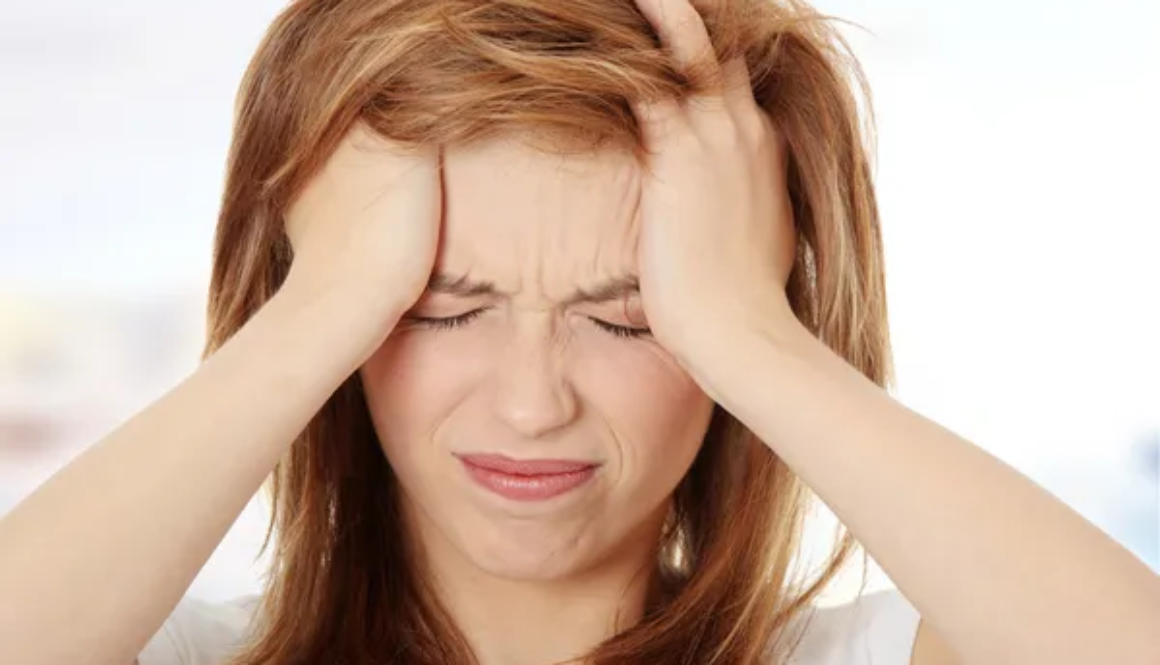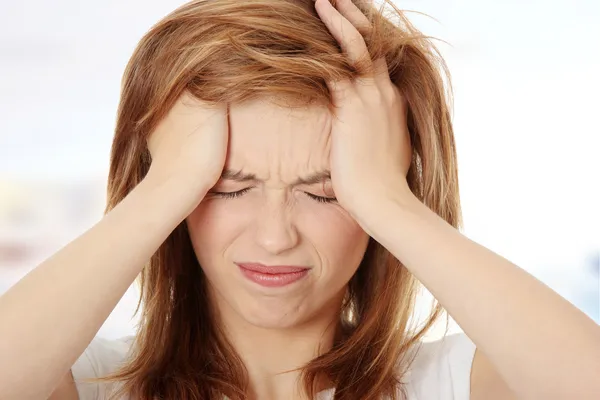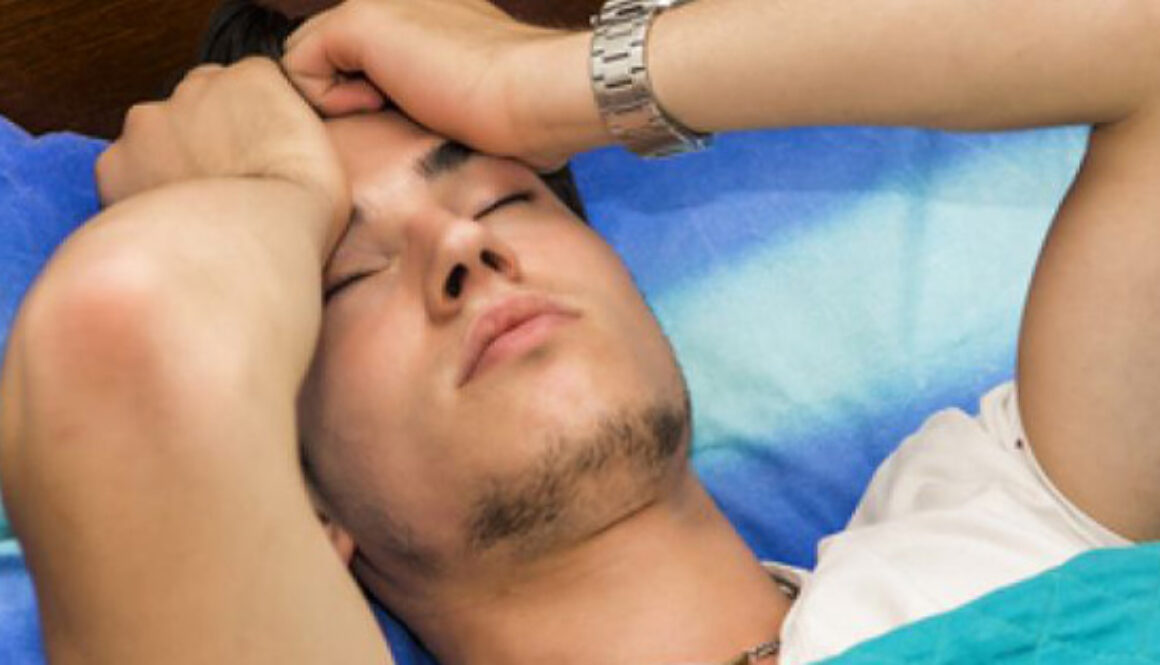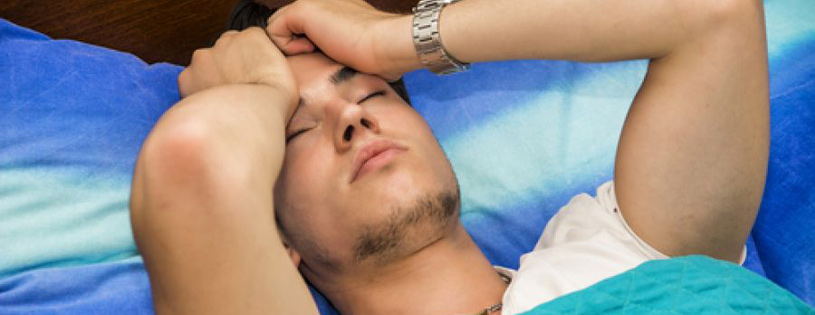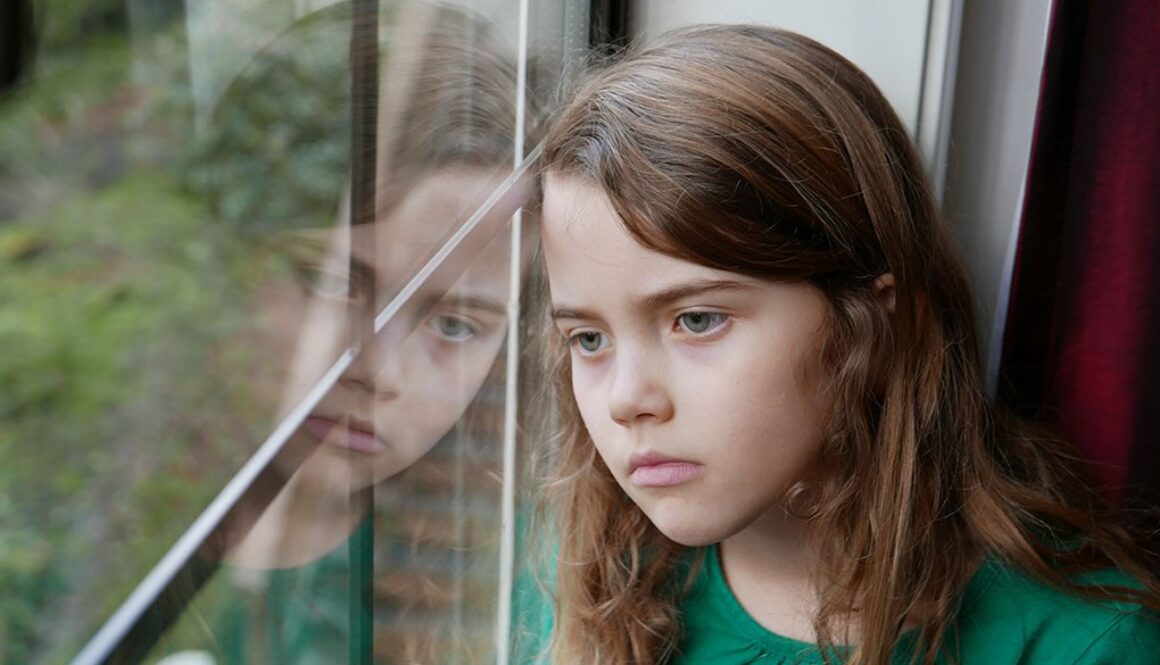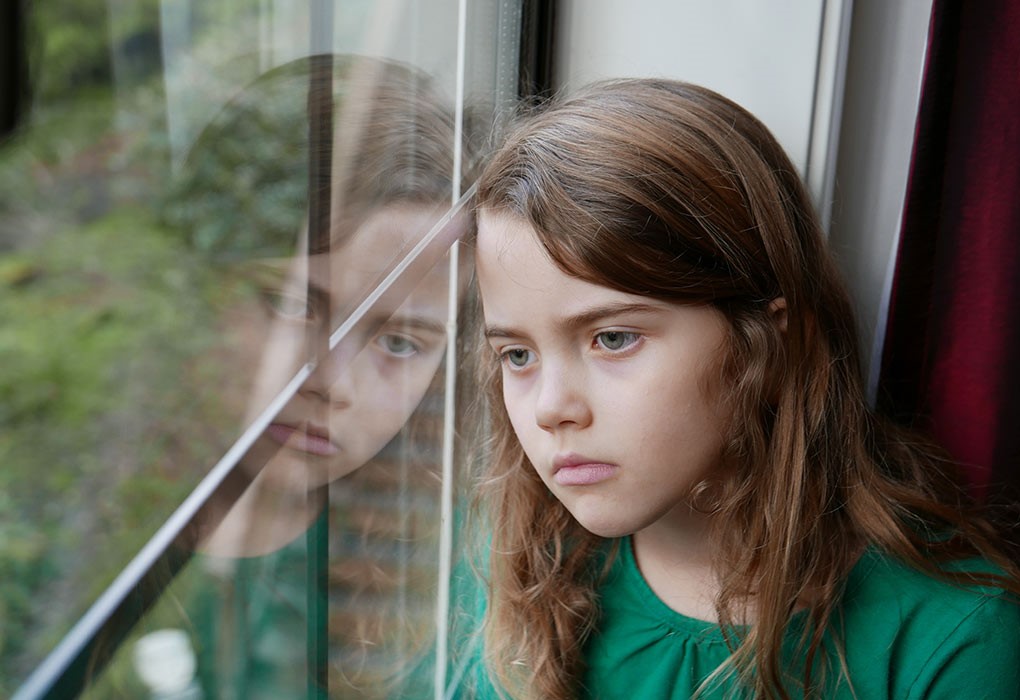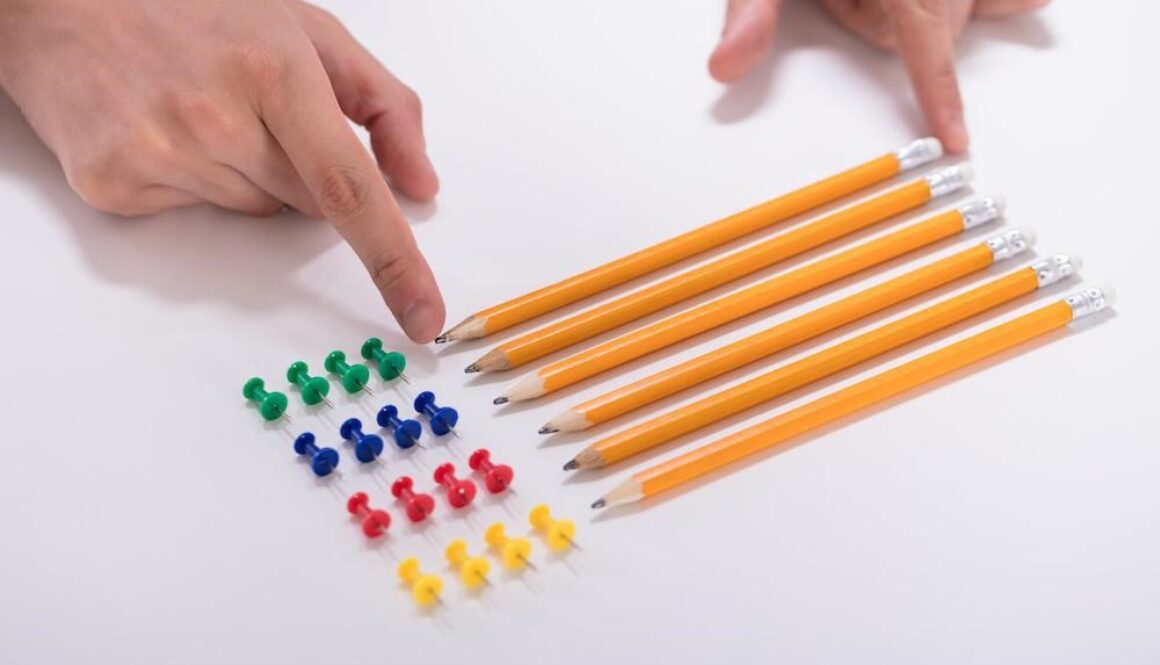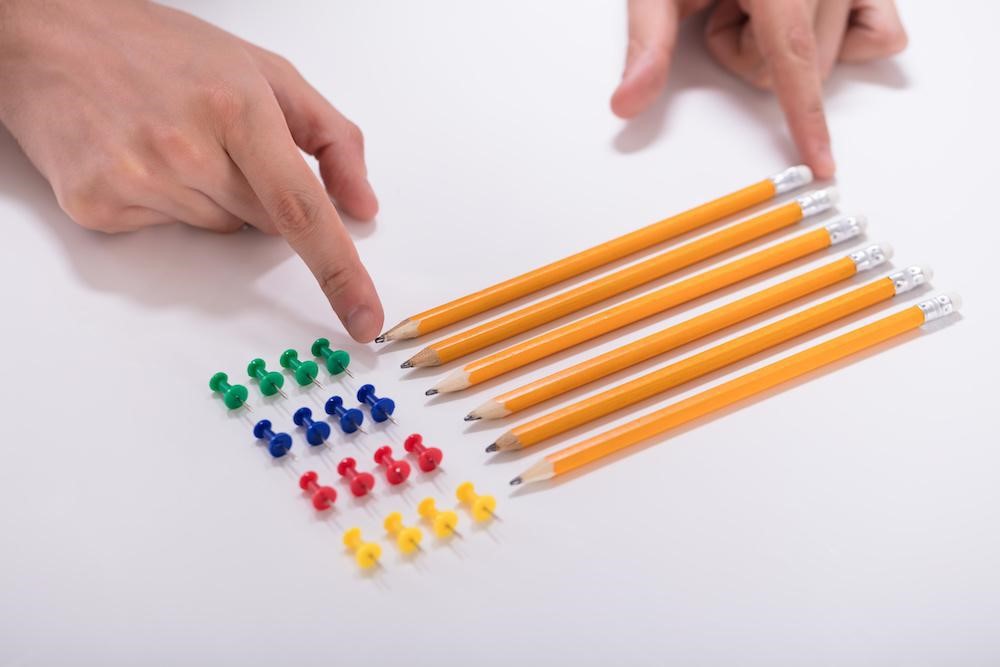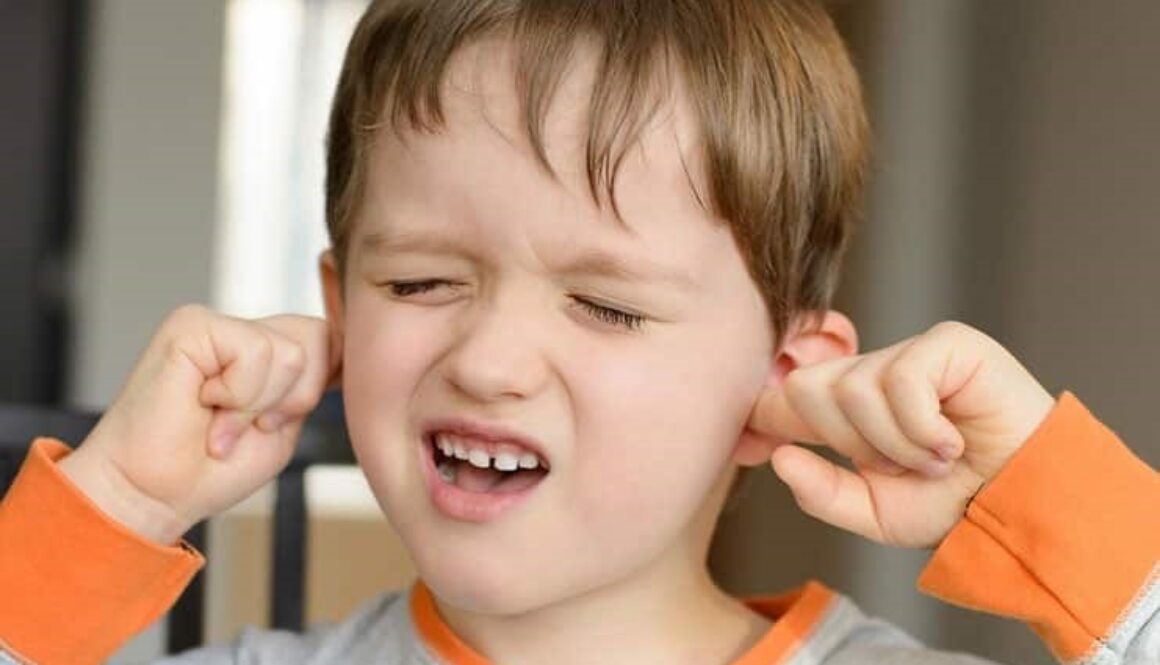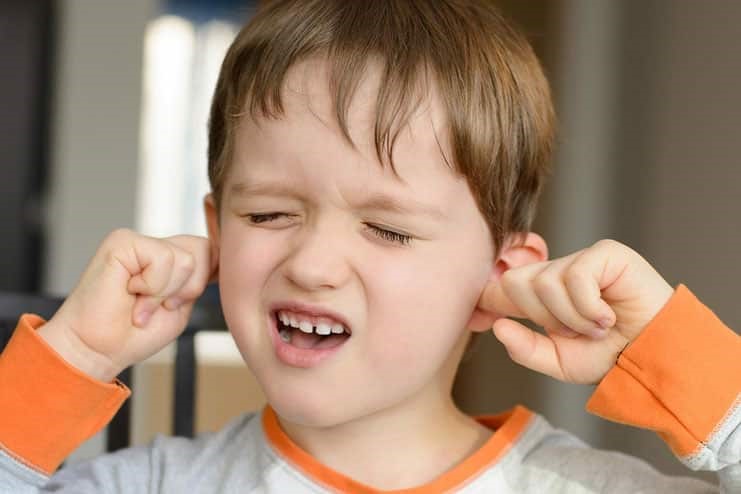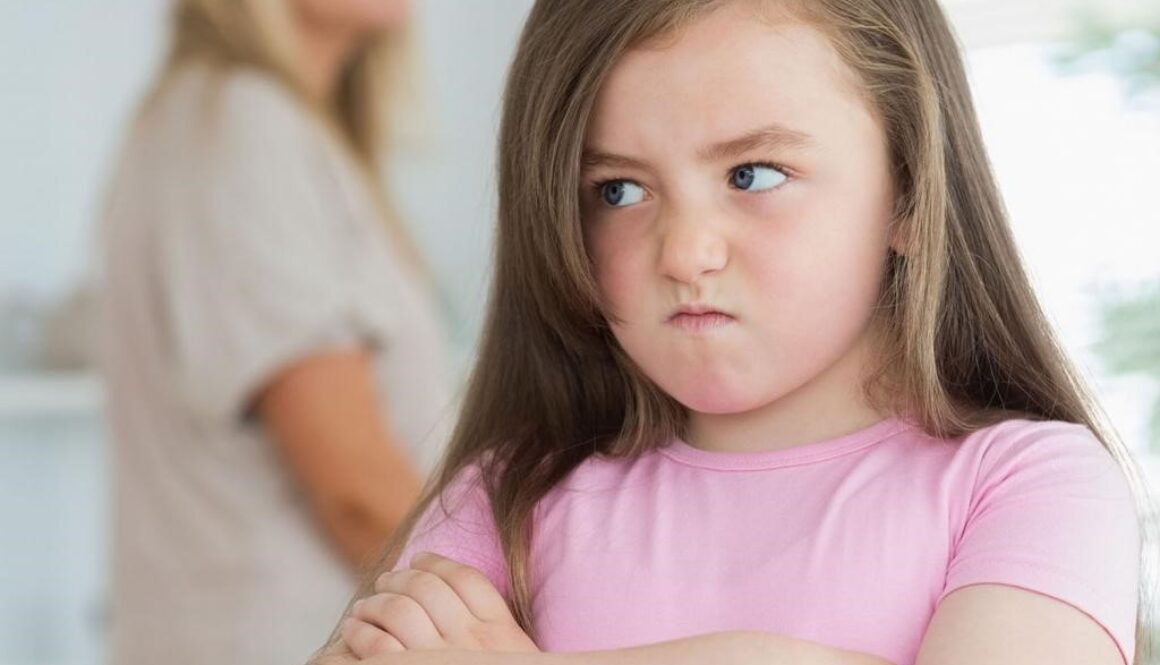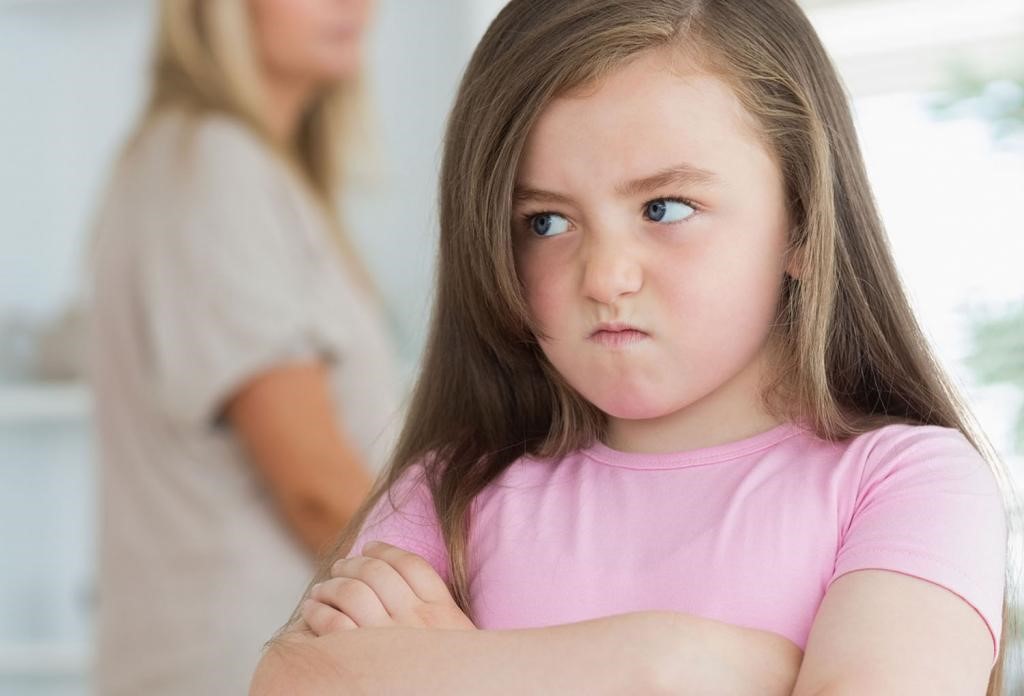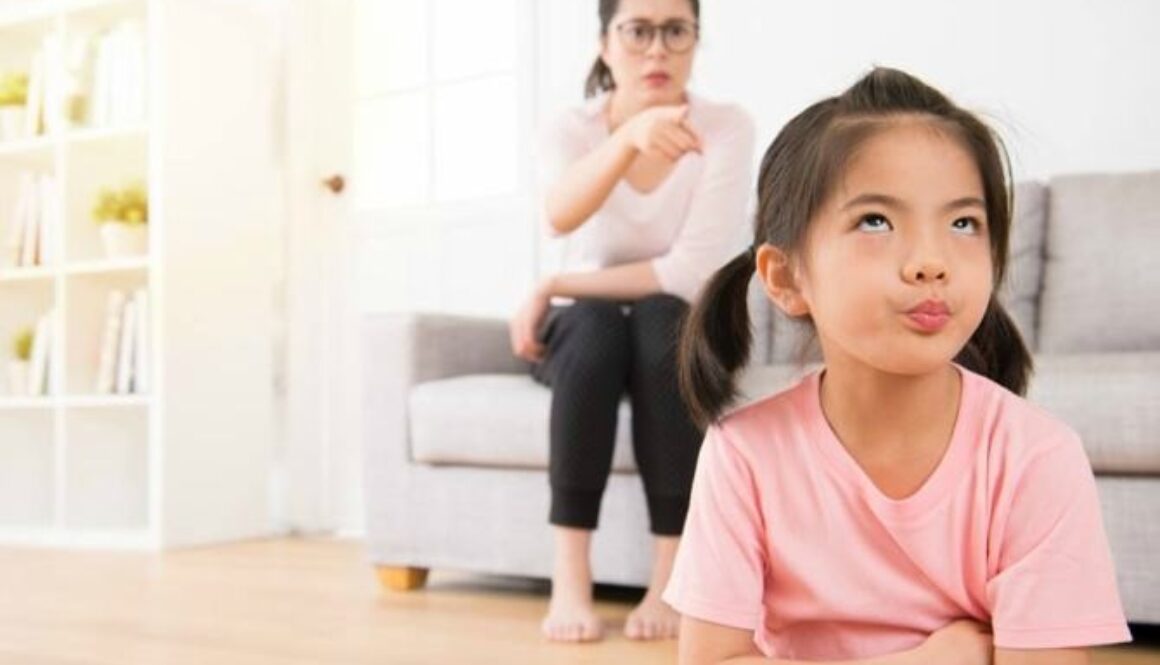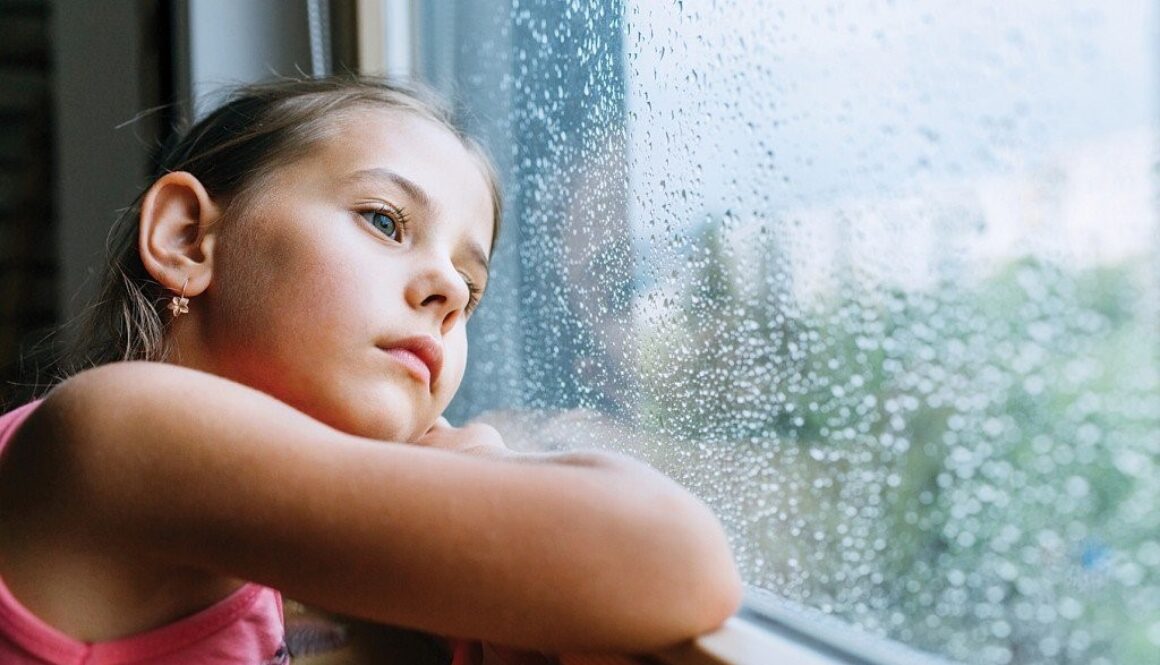About Autism Spectrum Disorder
Autism Spectrum Disorder: Symptoms, Causes & Treatment
Autism spectrum disorder (ASD) is a complicated developmental disorder characterized by chronic difficulties with social communication, limited interests, and repetitive behavior. While autism is a lifelong illness, the degree of functional impairment differs with individuals who are on the autism spectrum.
Overview
According to the most current CDC statistics, ASD affects around 1 in every 54 children, with boys being more likely to have ASD than girls. As of 2017, there were over 5 million adults in the United States with ASD, which accounts for 2.21 percent of the population. According to government figures, the prevalence of ASD (how frequent it is) has reached 10% to 17% in recent years.
Autism Spectrum Disorder (ASD) was previously referred to as autism or pervasive developmental disorder (PDD). Individuals with ASD benefit from interventions that help them reach their fullest potential. While ASD is thought to be a condition of very early brain development, behavioral evidence generally appears between 1 and 1.5 years of age but may be up to age 3.
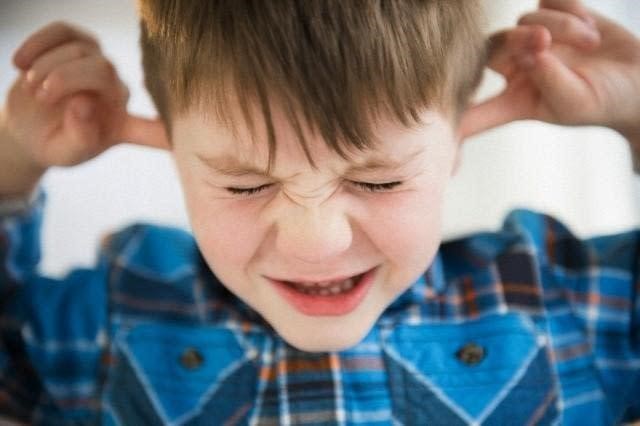
Symptoms of Autism Spectrum Disorder
Symptoms usually become noticeable by the time a child is 2 or 3 years old. In other situations, the functional impairment caused by autism may be modest and not noticeable until the child enters school and deficiencies are noted when they are with their classmates.
Deficits in social communication may include:
- Less interest in sharing interests with others
- Difficulties appreciating their own and other people’s emotions
- Reluctance to keep eye contact
- Inability to employ nonverbal gestures effectively
- Scripted or stilted speech
- Literally interpreting abstract thoughts
- Difficulty establishing or keeping friends
Some examples of restricted interests and repetitive activities are:
- Behavior rigidity, great difficulties coping with change
- Being too concentrated on a narrow range of topics to the detriment of others
- Expecting others to share your enthusiasm for such topics
- Tolerating changes in habits and new experiences is difficult.
- Aversion to loud noises, for example, is one example of sensory hypersensitivity.
- Hand flapping, swaying, and spinning is examples of stereotypical motions.
- Arranging objects, usually toys, in a certain order
Committed to helping
people who want to help themselves
Causes of Autism Spectrum Disorder
There is not a a single recognized cause of Autism Spectrum Disorder. Given the disorder’s intricacy and the fact that symptoms and severity vary, there are most likely several causes. Genetics and the environment may both have an impact.
Genetic factors
Genetic variations (mutations) may raise the likelihood of Autism Spectrum Disorder in other children. Other genes may influence brain development or how brain cells interact, or they may influence the intensity of symptoms. Some genetic mutations appear to be inherited, while others appear to emerge spontaneously.
Environmental considerations
Researchers are now investigating whether viral infections, drugs, difficulties during pregnancy, or air pollution play a contributing role to the onset of ASD.
Risk factors of Autism Spectrum Disorder
Children of all races and ethnic backgrounds are affected by ASD. There are some circumstances that increase a child’s risk of having the illness. These might include:
- Your child’s gender. Boys are approximately four times as likely as girls to have autism spectrum disorder.
- A family history. Families with one child with ASD are more likely to have another child with the disease.
- Other conditions. Children with certain medical disorders are at a greater risk of autism spectrum disorder or autistic-like symptoms than other children. Fragile X syndrome, tuberous sclerosis, and Rett’s syndrome are a few examples.
- Babies that are born prematurely. Babies born before 26 weeks of gestation are at a higher risk of developing autism spectrum conditions.
- Parental age during pregnancy. There may be a link between children born to older parents having an autism spectrum disorder.
Complications of Autism Spectrum Disorder
Social interaction, communication, and behavior issues can result in:
- Issues with school and learning
- Issues with employment
- Inability to live independently
- Social exclusion
- Domestic conflict
- Victimization and bullying
Prevention of Autism Spectrum Disorder
There is no cure for individuals on the autism spectrum, but treatments are available to help improve life. Early detection and intervention are most beneficial since they can enhance behavior, abilities, and language development. Intervention, on the other hand, is beneficial at any age. Children with autism spectrum conditions can learn to function to the best of their ability regardless of the symptoms.
Diagnosis of Autism Spectrum Disorder
Since the symptoms and severity of Autism Spectrum Disease vary so considerably, getting a diagnosis can be challenging. There is no specific medical test that may be used to diagnose the disease. Rather, an expert may:
- Watch your child and inquire about how his or her social interactions, communication skills, and conduct have evolved and changed over time.
- Give your child hearing, speech, and language testing, as well as assessments for developmental level and social and behavioral concerns.
- Show your child organized social and communicative encounters and grade their performance.
- Apply the criteria in the Diagnostic and Statistical Manual of Mental Disorders (DSM-5).
- Involve other professionals in making a diagnosis.
- Go for genetic testing to see if your child has a hereditary disease like Rett syndrome or fragile X syndrome.
Committed to helping
people who want to help themselves
Treatment of Autism Spectrum Disorder
If your child has been diagnosed with ASD, please consult with specialists about developing a treatment plan and having a team of professions that are going to meet the needs of your child.
- Behavioral and communication therapy: Therapies can help people with autism spectrum disorder (ASD) learn to socialize, talk, and behave better. Some programs focus on reducing bad habits and teaching new skills, while others teach social skills and better communication. Applied Behavior Analysis (ABA) uses rewards to help kids learn new skills and use them in different situations.
- Educational treatments. Highly organized educational programs frequently work successfully for children with ASD. A team of professionals and a range of activities to develop social skills, communication, and conduct are often included in successful programs. Children in preschool who get intense and tailored behavioral treatments frequently make significant progress.
- Family therapy. Parents and other family members may learn how to play and connect with their children in ways that enhance social interaction skills, problem behavior management, and the teaching of daily living skills and communication
- Other treatments. Speech therapy to enhance communication abilities, occupational therapy to teach activities of daily living, and physical therapy to improve mobility and balance may all be effective depending on your child’s requirements. A psychologist can advise you on how to deal with problematic conduct.
- Medications can’t cure autism, but they can help manage some symptoms. For example, if your child is hyperactive, they might take medication to calm down. In rare cases, stronger medicines are used for severe behaviors like aggression. If your child is anxious, they might benefit from antidepressants. It’s important to tell all your child’s doctors about any medications or supplements they take, as some can interact and cause problems.

